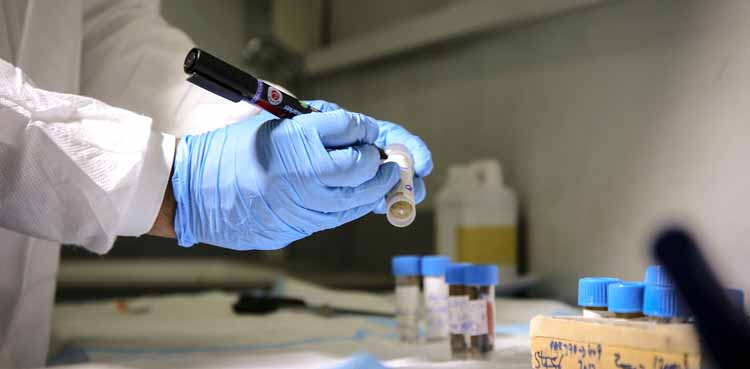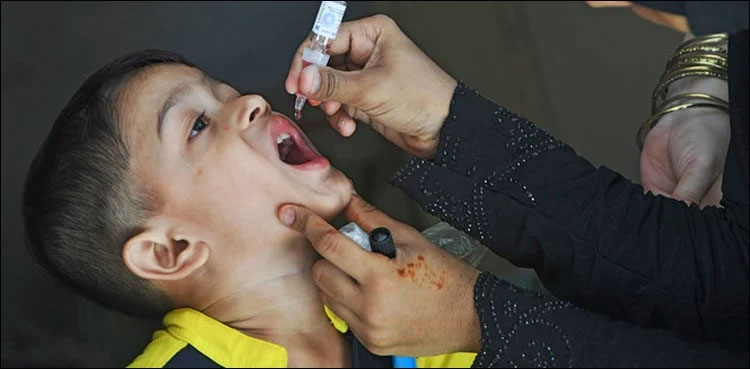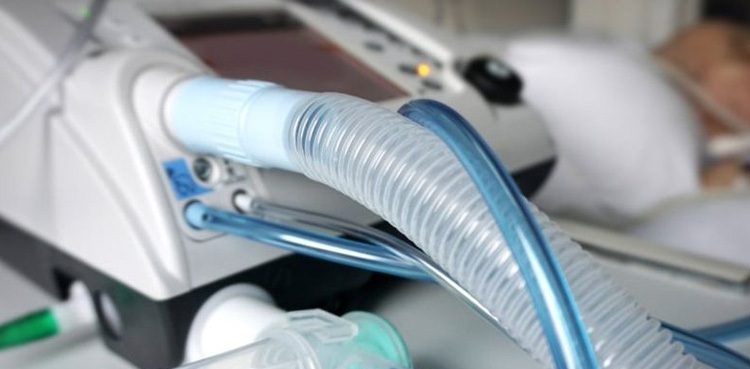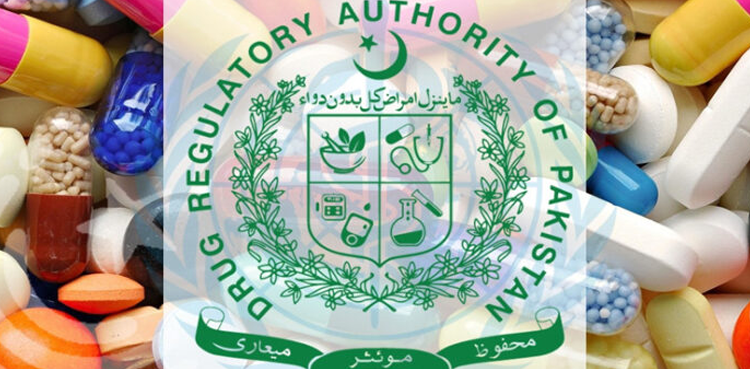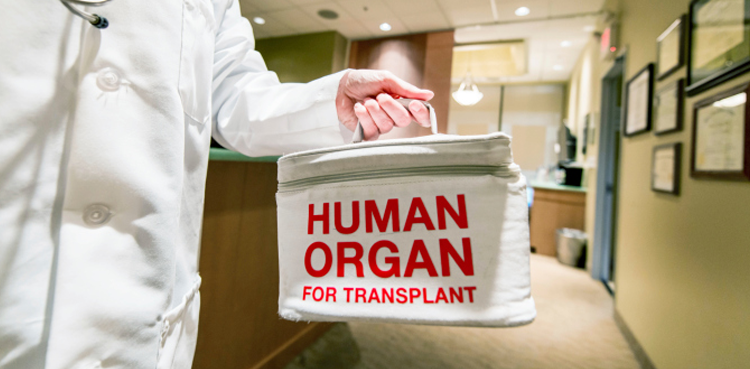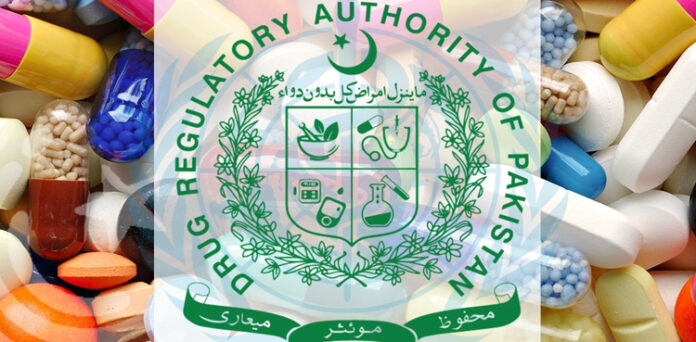ISLAMABAD: Officials have confirmed the presence of wild poliovirus type 1 (WPV1) in environmental samples collected from sewage lines in 26 districts of Pakistan, ARY News reported.
According to information provided by the Regional Reference Laboratory for Polio Eradication at the National Institute of Health (NIH), samples were collected from multiple locations, including Hyderabad, Jacobabad, Jamshoro, and Kambar.
Furthermore, environmental samples containing poliovirus were identified in the districts of Central, East, Keamari, Korangi, Malir, and South in Karachi.
In addition, the following areas reported the presence of poliovirus: Mirpur Khas, Shaheed Benazirabad, Sujawal, Sukkur, Chaman, Loralai, Pishin, Quetta, Zhob, Islamabad, Bajour, Peshawar, Dera Ghazi Khan, Lahore, Multan, and Rawalpindi.
The identification of poliovirus in these environmental samples signifies the ongoing presence of the disease in the specified districts.
Read also: Polio vaccination made mandatory for birth, marriage and death certificates
On the other hand, Pakistan reported two more polio cases, bringing the total number of cases to 67 this year.
According to the National Emergency Operations Center (NEOC), the wild poliovirus type 1 cases were reported in Kashmore Sindh and Tank Khyber Pakhtunkhwa.
This year, four cases have been reported from Tank, and two from Kashmore.
Additionally, 19 cases have been reported from Khyber Pakhtunkhwa, 27 from Balochistan, 19 from Sindh, one from Punjab, and one from Islamabad.
POLIO: Symptoms and risk
Polio is a highly infectious disease caused by a virus. It invades the nervous system and can cause total paralysis in a matter of hours.
The virus is transmitted by person-to-person spread mainly through the faecal-oral route or, less frequently, by a common vehicle (for example, contaminated water or food) and multiplies in the intestine. Initial symptoms are fever, fatigue, headache, vomiting, stiffness of the neck and pain in the limbs.
One in 200 infections leads to irreversible paralysis (usually in the legs). Among those paralysed, 5–10% die when their breathing muscles become immobilized.
